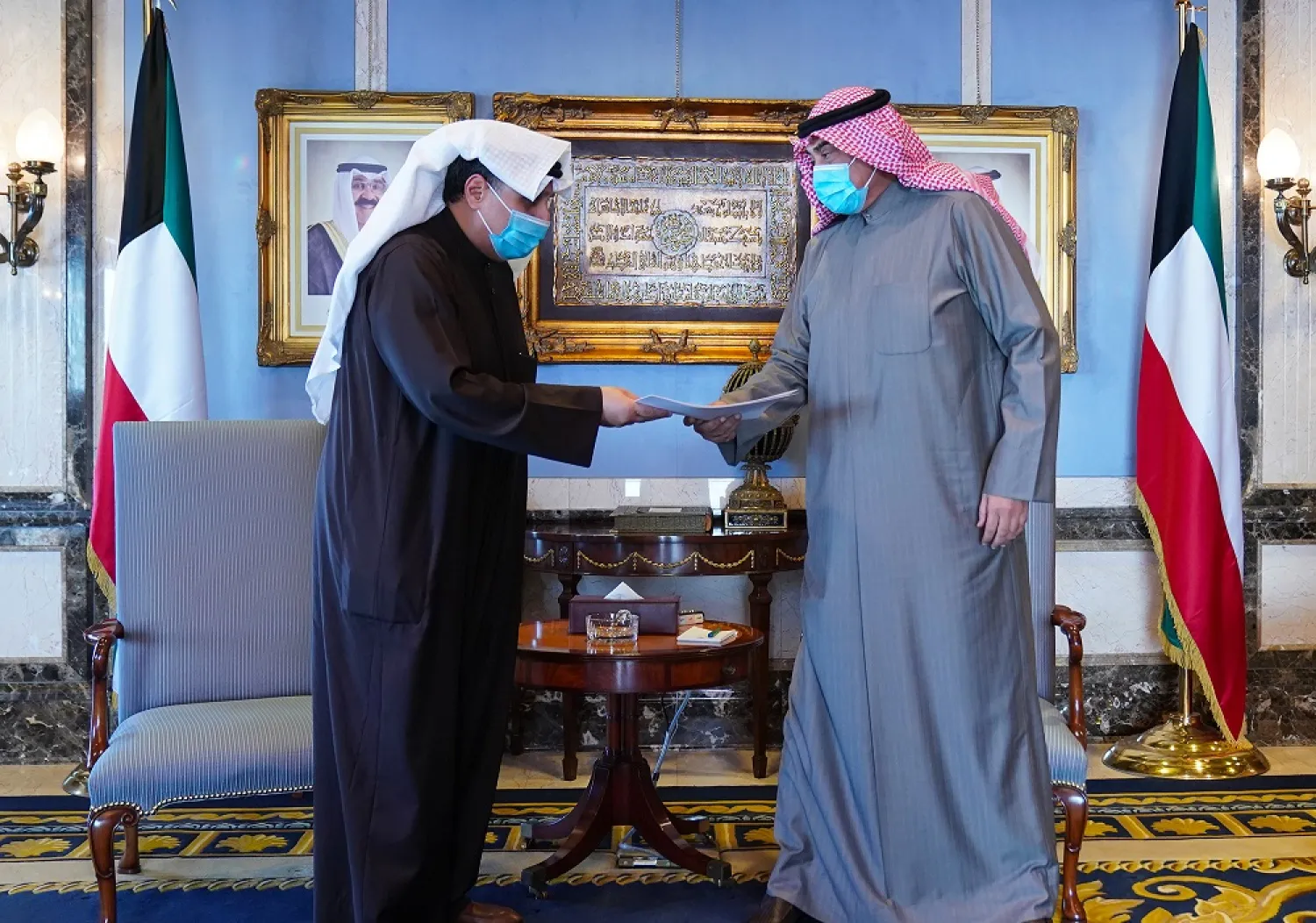Kuwaiti ministers handed in their resignations to the prime minister on Tuesday, the government communications office (CGC) said, days after lawmakers submitted a motion asking to question the premier over issues including the makeup of the cabinet.
Prime Minister Sheikh Sabah al-Khalid al-Sabah must submit the resignations to Emir Sheikh Nawaf al-Ahmed al-Sabah, for approval. Three main Kuwaiti newspapers earlier said Sheikh Sabah was expected to do so.
The resignation of the cabinet, formed on Dec. 14, had been expected after the move in parliament earlier this month that posed the first political challenge for the new emir as the country faces its worst economic crisis in decades.
The prime minister had been due to be questioned at a parliamentary session on Jan. 19.
CGC said the government submitted its resignation "in light of developments in the relationship between the National Assembly and the government", but did not elaborate.
The motion to question Sheikh Sabah, who has been premier since late 2019, was submitted by three MPs on Jan. 5 in the first regular session of a new assembly that was elected last year.
More than 30 other MPs supported the request to question him on issues including forming a cabinet "not reflective" of poll results and allegations of government "interference" in electing the Speaker and members of parliamentary committees, according to the motion seen by Reuters.
Frequent rows and deadlocks between cabinet and parliament have led to successive government reshuffles and dissolutions of parliament, hampering investment and economic and fiscal reform.
The latest standoff complicates government efforts to tackle a severe liquidity crunch caused by low oil prices and COVID-19 by pushing through a debt law that has faced legislative gridlock.









